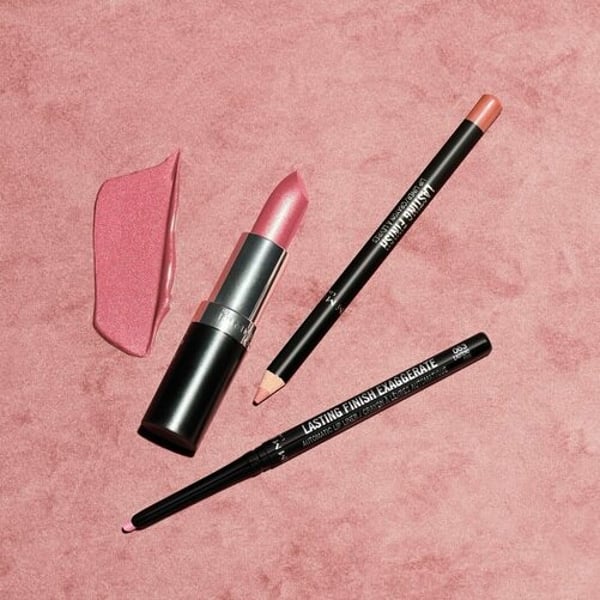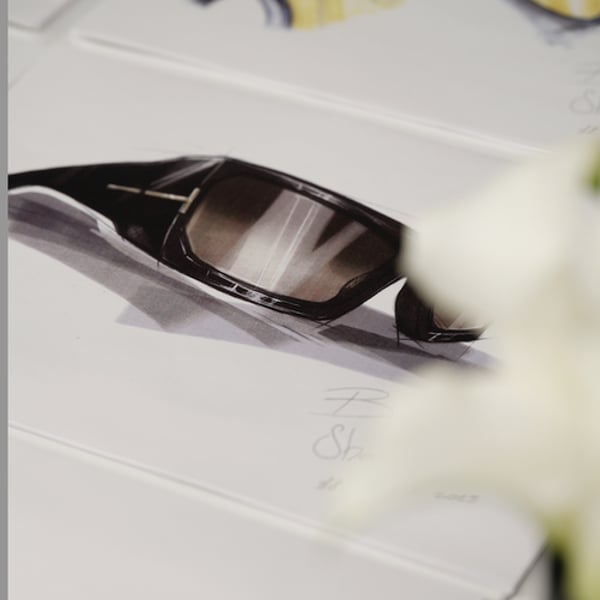By
Reuters
Published
October 3, 2025
Analysts weigh in on Coty’s consumer beauty review, warning that ageing brands and falling sales could limit valuation and complicate the sale.

Aging brands and declining sales could make Coty’s makeup business a challenging asset to sell, raising the prospect of piecemeal deals or lower-than-expected proceeds that might complicate the group’s plans to reduce debt and invest in growth.
Coty announced on Tuesday that it has launched a review of its mass-market Consumer Beauty business, a precursor to a possible sale or spin-off of some brands, in an effort to reduce debt, reverse declining cash flow, and focus on more profitable fragrances.
The business, home to the CoverGirl and Rimmel brands, generates around $1.2 billion in annual revenue but has been losing market share to competitors with faster innovation cycles and more accessible price points.
Who could buy Coty’s consumer beauty brands?
“It’s hard for these brands because they don’t look new to today’s consumers. And newness is important, especially in color cosmetics,” said Morningstar analyst Dan Su.
Barclays analysts described the division as a “tough asset to sell,” estimating it could be worth anywhere between $690 million and $950 million.
Buyers this year have shown strong interest in smaller, fast-growing brands such as Hailey Bieber’s makeup and skincare line Rhode, which retailer Elf Beauty acquired for $1 billion, and the vitamin A-based skincare brand Medik8, which L’Oréal bought for an estimated $1 billion.
Buyout firms may also consider the division, as seen with private equity house KKR‘s acquisition of a majority stake in Coty’s professional and retail haircare business, Wella, in 2020.
“I expect piecemeal deals rather than a one-shot sale,” said Michael Ashley Schulman, partner and CIO at Running Point Capital Advisors, who named private equity firms Permira and L Catterton as possible suitors.
Coty said it does not comment on speculation. L Catterton declined to comment, and Permira did not immediately respond to a request for comment.
Coty’s Consumer Beauty business reported an 8% drop in sales in the year ended June 30. Morningstar analysts expect another high-single-digit percentage decline this financial year as the company struggles to compete with social-media-influencer-driven brands that sell through fast-growing online channels.
Coty’s in-house manufacturing has made it slower to innovate compared with firms such as Elf Beauty, which rely on third-party producers, said Bank of America analyst Anna Lizzul. “It’s a melting iceberg situation,” she added.
Coty came late to shifting fragrance trends
Coty became a beauty industry giant after buying Procter & Gamble’s perfume, haircare and makeup businesses for $12.5 billion in 2015. After divesting haircare and now possibly consumer cosmetics, fragrance will become its primary focus.
Its newly combined fragrance division accounts for 69% of Coty’s sales and, with categories growing between 2% and 9%, is performing far better than Coty’s consumer cosmetics.
However, it relies heavily on licenses, about 14% of which will expire in the next three and a half years, according to Bank of America.
The blockbuster licence for Gucci fragrances, which analysts believe runs until 2028, generates about $500 million a year — almost double Coty’s free cash flow of $277.6 million in its last financial year.
Selling the makeup business could provide funds for what some analysts say is a much-needed investment.
“It would have probably helped to do this strategic review 10 years ago,” said Alfonso Emanuele de Leon, a beauty industry veteran and partner at FA Hong Kong Consultancy. “Most importantly, when it was becoming clear that the fragrance market was moving towards conceptual, experiential brands.”
Top sector player L’Oréal has invested in niche Chinese fragrance brands To Summer and Documents; Estée Lauder has invested in fellow Chinese brand Melt Season; and Spanish rival Puig has acquired a majority stake in Sweden’s Byredo.
Coty should have recognized earlier that its fragrance segment was shrinking and made acquisitions as well, de Leon said. “They can still do it; it’s just going to be more expensive and maybe too late because the wave has already reached the shore.”
© Thomson Reuters 2025 All rights reserved.







